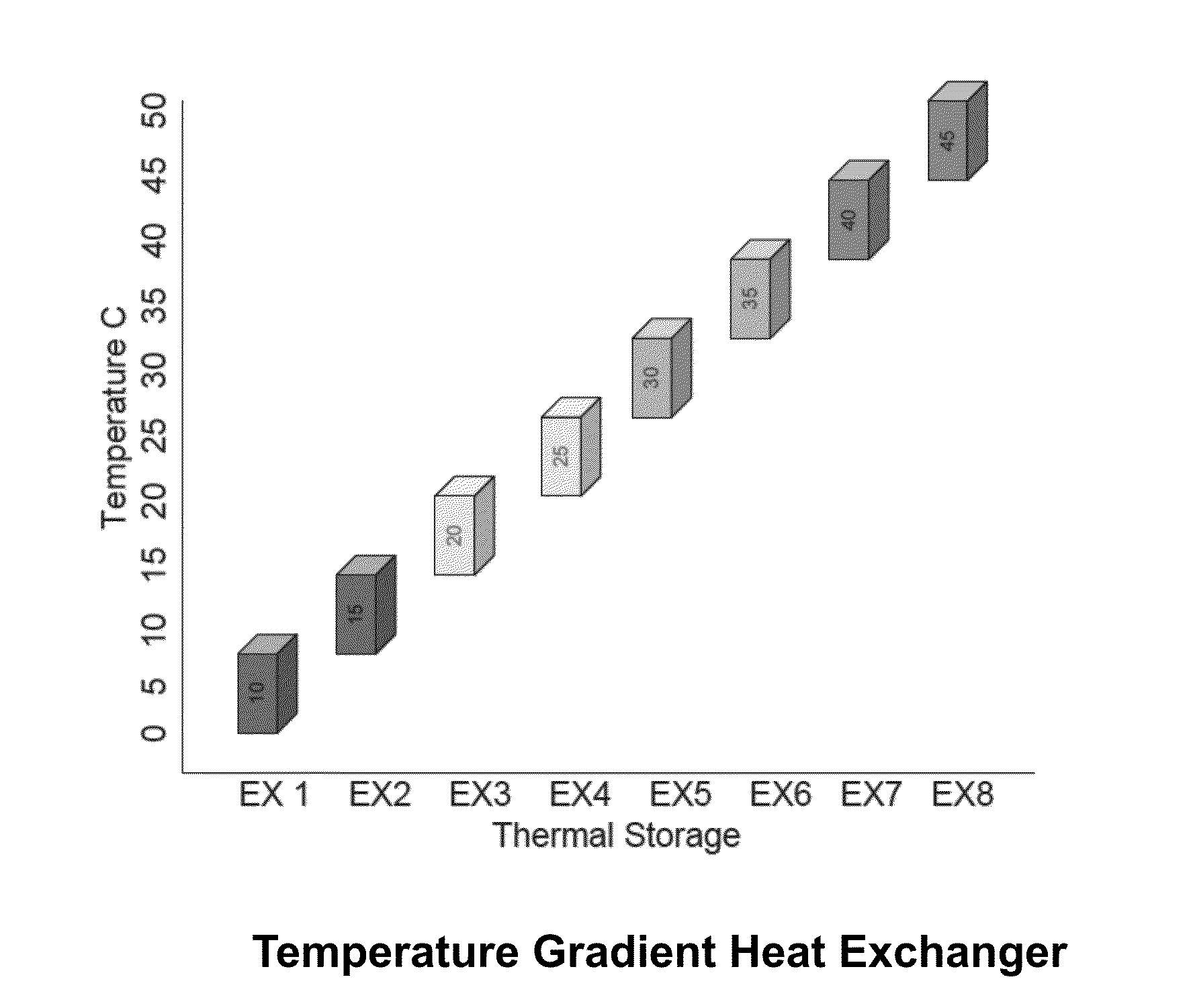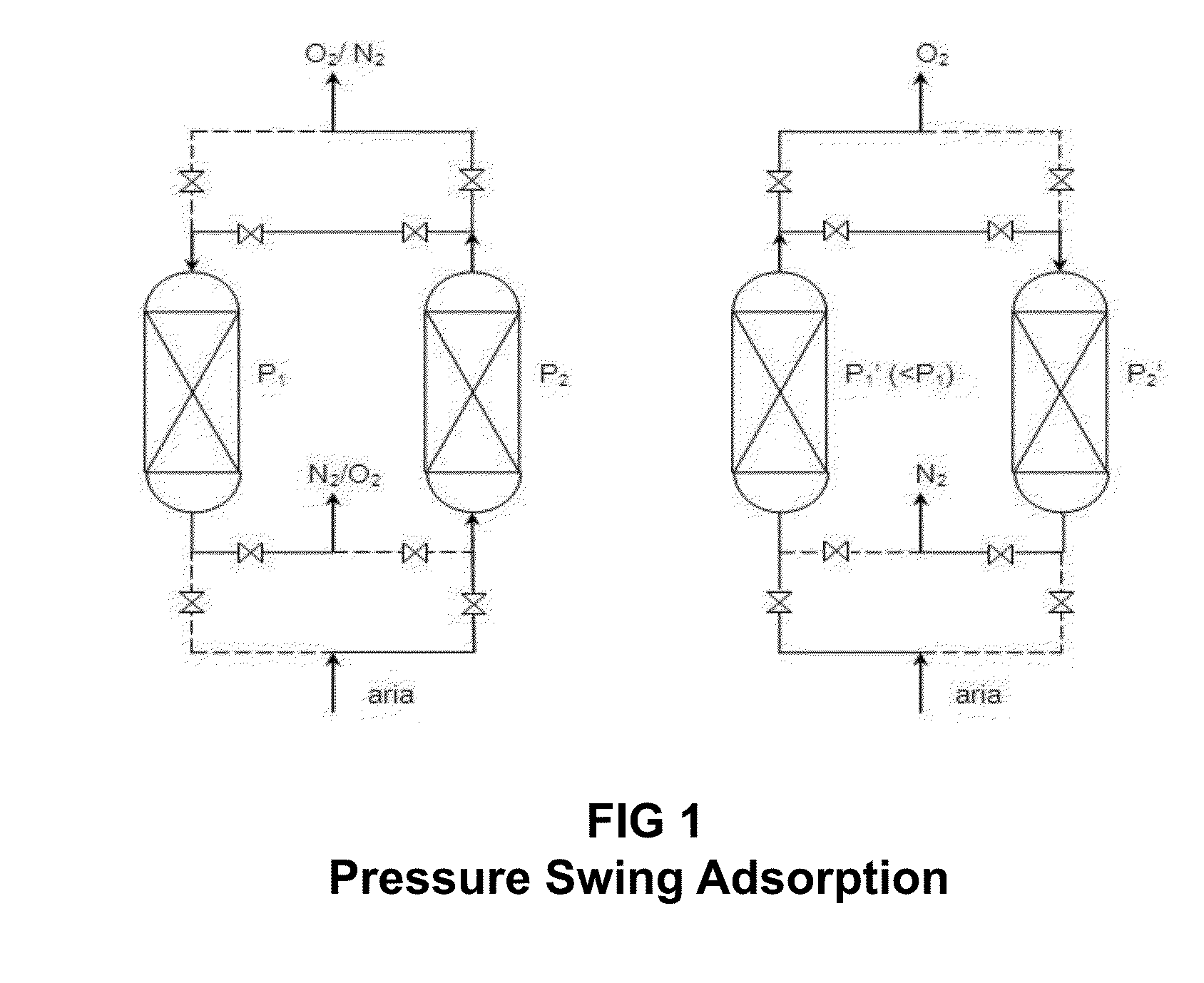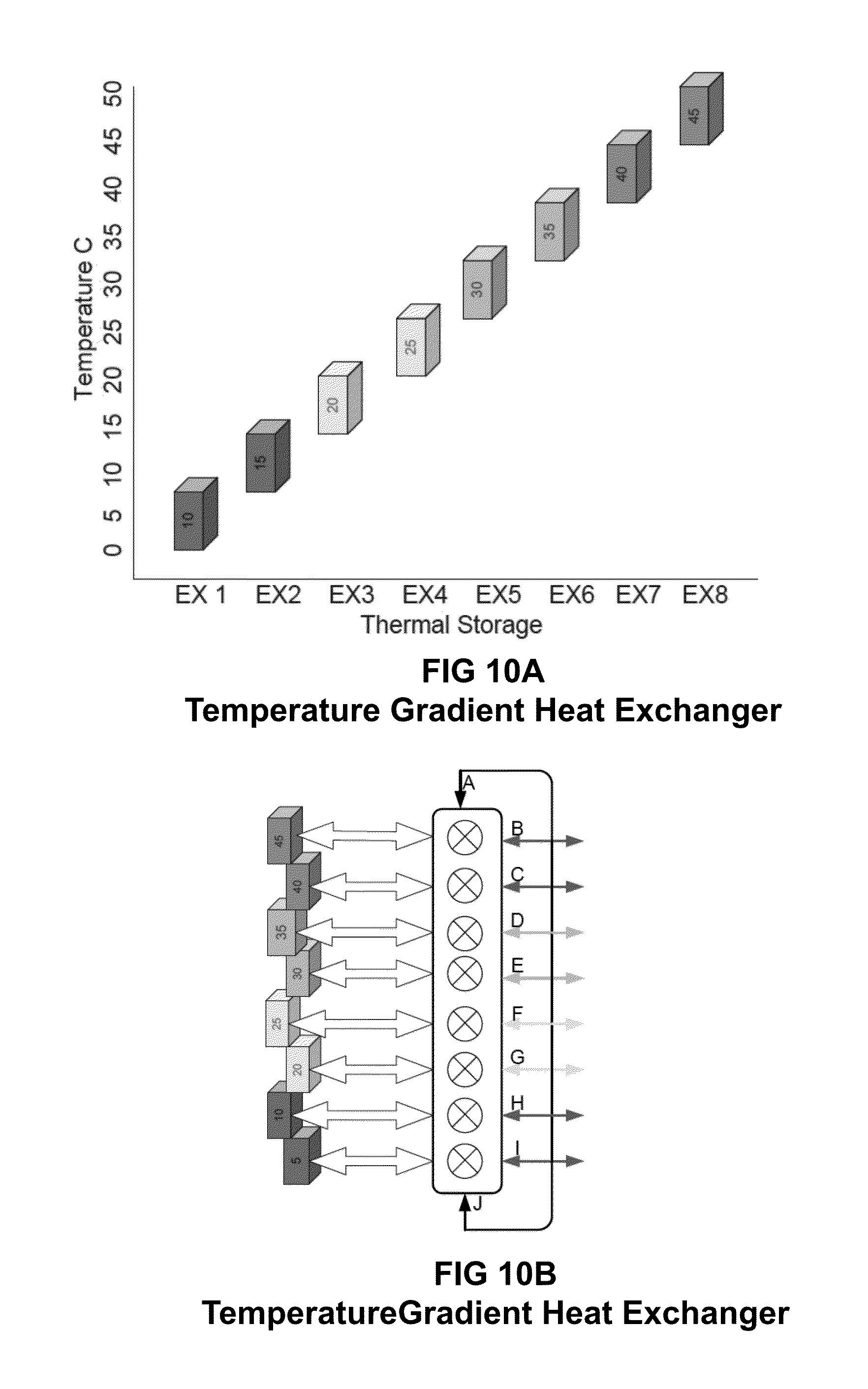Building system for cascading flows of matter and energy
a building system and cascading flow technology, applied in the field of climate and environmental management systems, can solve the problems of large energy inputs of modern climate control techniques, limited service scope, unfavorable scientific research, etc., and achieve the effects of reducing transportation requirements, optimizing engineered ecosystems, and improving system resilien
- Summary
- Abstract
- Description
- Claims
- Application Information
AI Technical Summary
Benefits of technology
Problems solved by technology
Method used
Image
Examples
Embodiment Construction
Advantages
[0042]Through the control of eight primary systems: thermal management, atmospheric optimization, radiation control, hydrological systems, energy systems, material flows, system interfaces, and built structures, it is possible to create an optimized engineered ecosystem. This system provides homeostatic regulation of cascading flows of matter and energy. The embodied processes optimally improve system resilience through balancing resource use; reducing transport requirements; shortening cycles of water, for mineral cycles, and for residual flows; while offering storage of surplus and reserves of resources.
[0043]Thus several advantages of one or more aspects are to provide resource conservation, offer a safer / healthier environment, pollution reduction and / or elimination, increased reliability, durability, enhanced life cycles and ecological and social benefits. The exergy and resource environmental management system can offer upgradeability, convenience, ease of use, afford...
PUM
| Property | Measurement | Unit |
|---|---|---|
| temperature | aaaaa | aaaaa |
| temperatures | aaaaa | aaaaa |
| temperatures | aaaaa | aaaaa |
Abstract
Description
Claims
Application Information
 Login to View More
Login to View More - R&D
- Intellectual Property
- Life Sciences
- Materials
- Tech Scout
- Unparalleled Data Quality
- Higher Quality Content
- 60% Fewer Hallucinations
Browse by: Latest US Patents, China's latest patents, Technical Efficacy Thesaurus, Application Domain, Technology Topic, Popular Technical Reports.
© 2025 PatSnap. All rights reserved.Legal|Privacy policy|Modern Slavery Act Transparency Statement|Sitemap|About US| Contact US: help@patsnap.com



